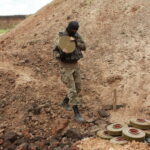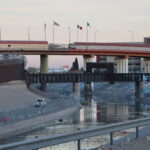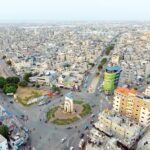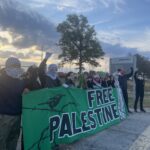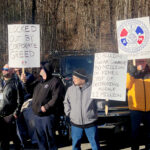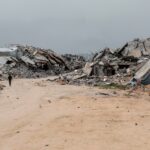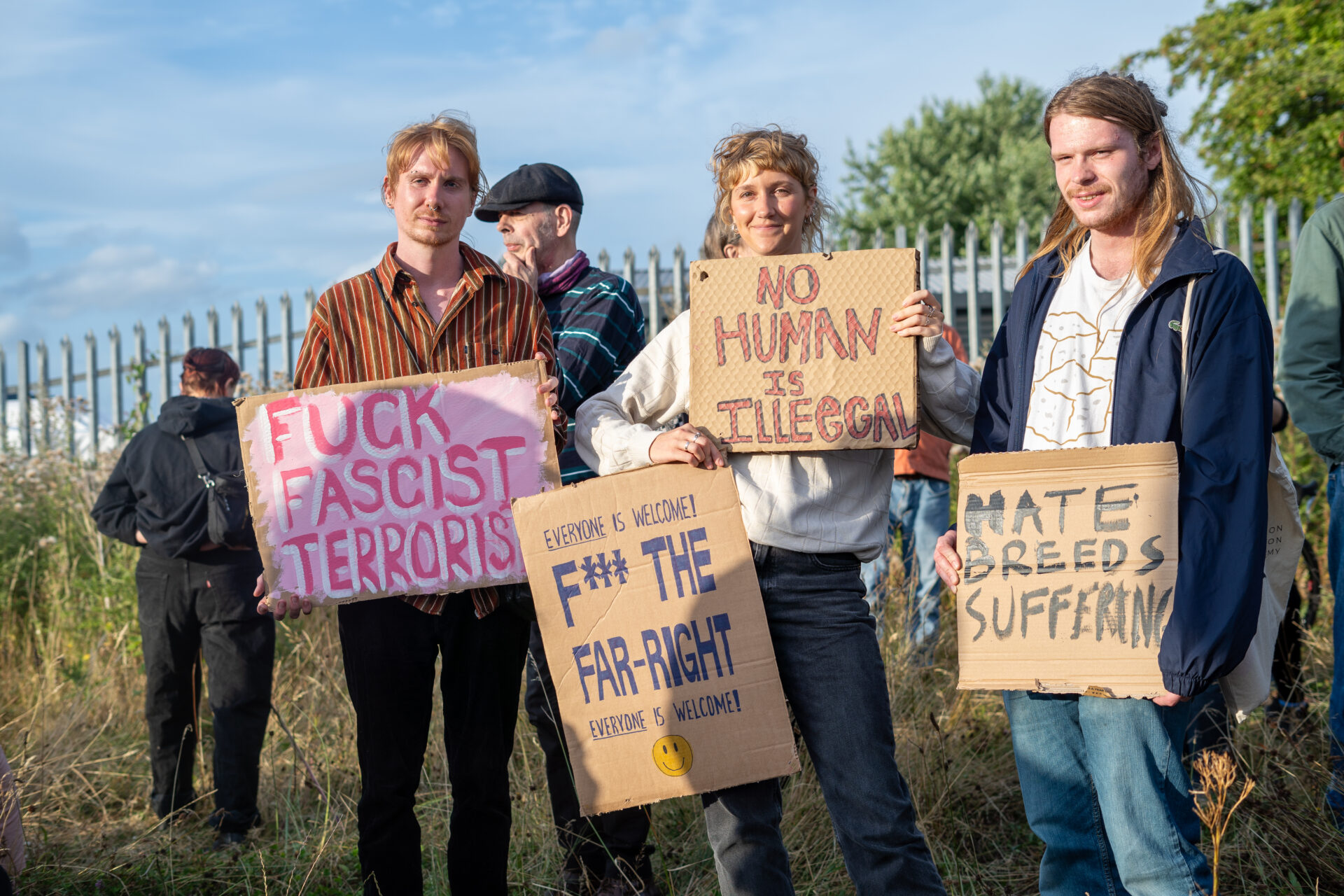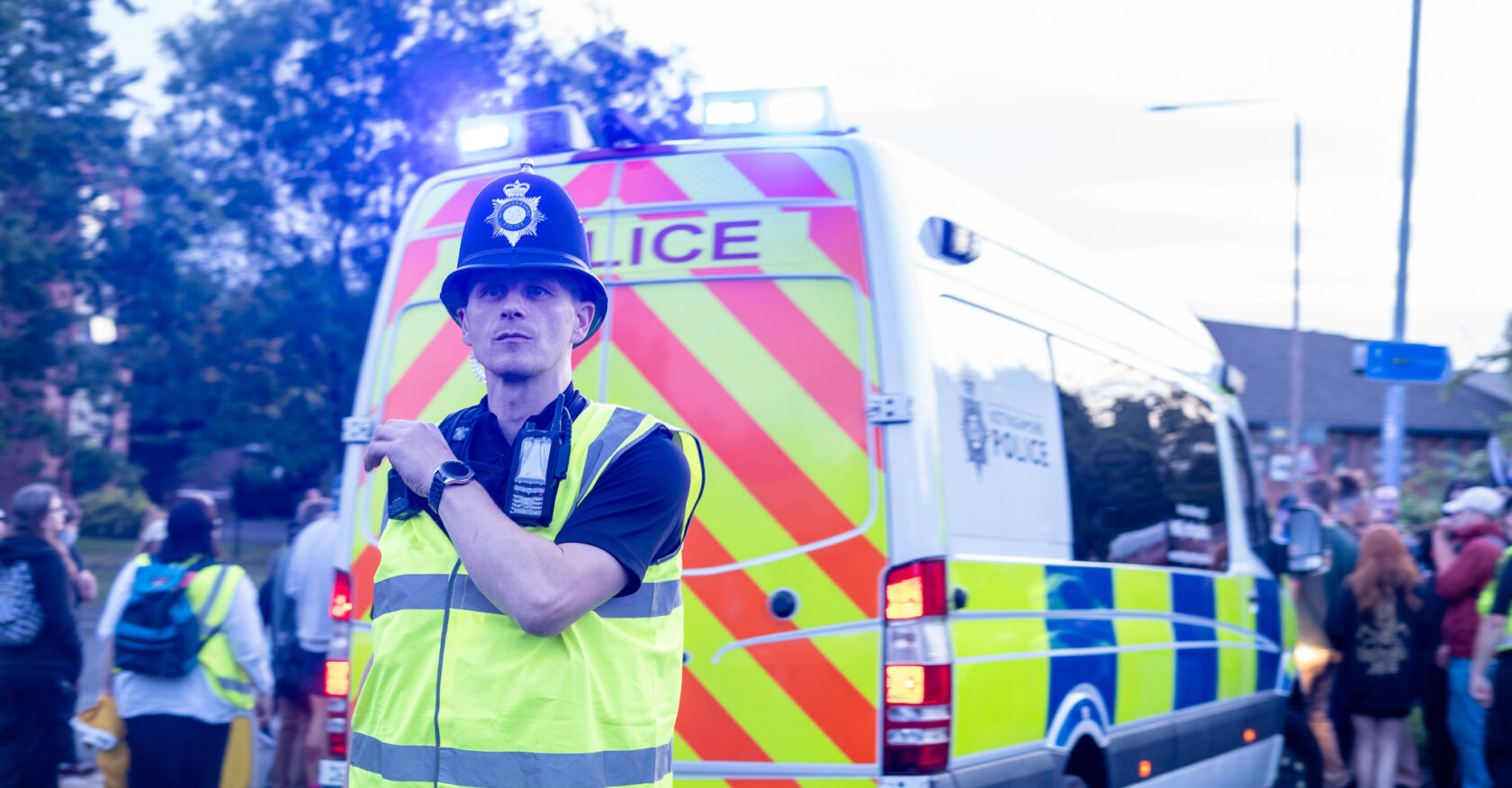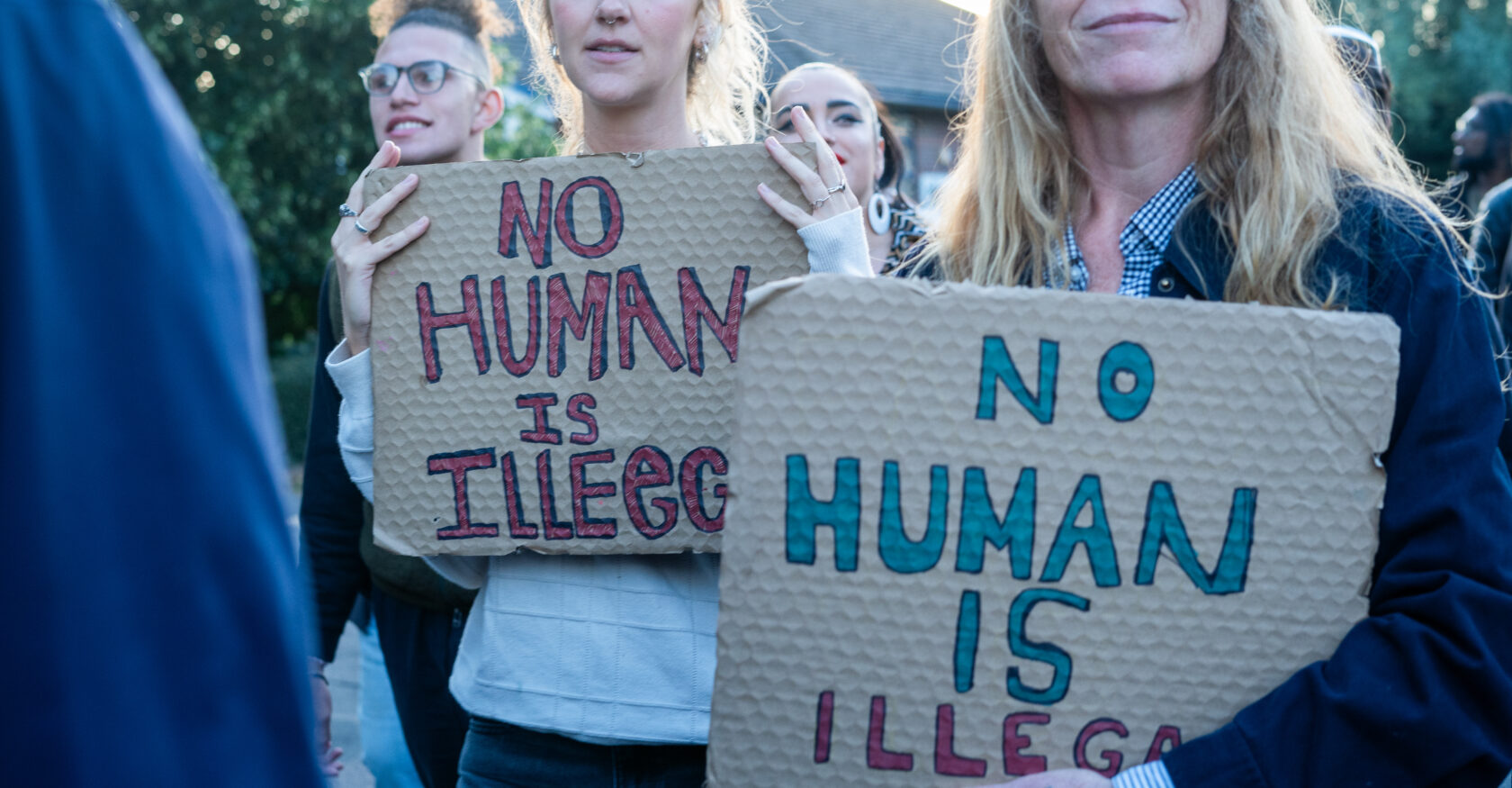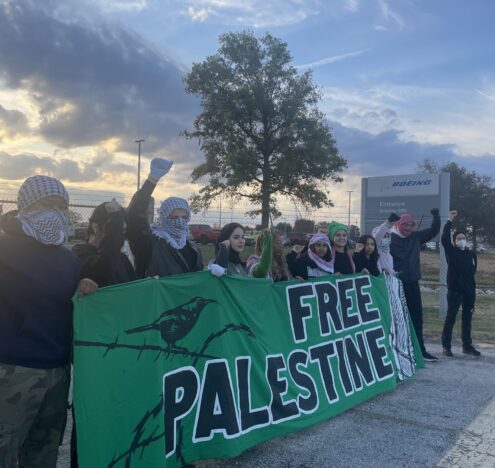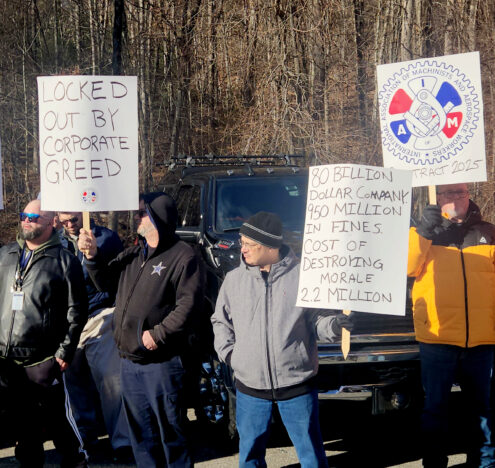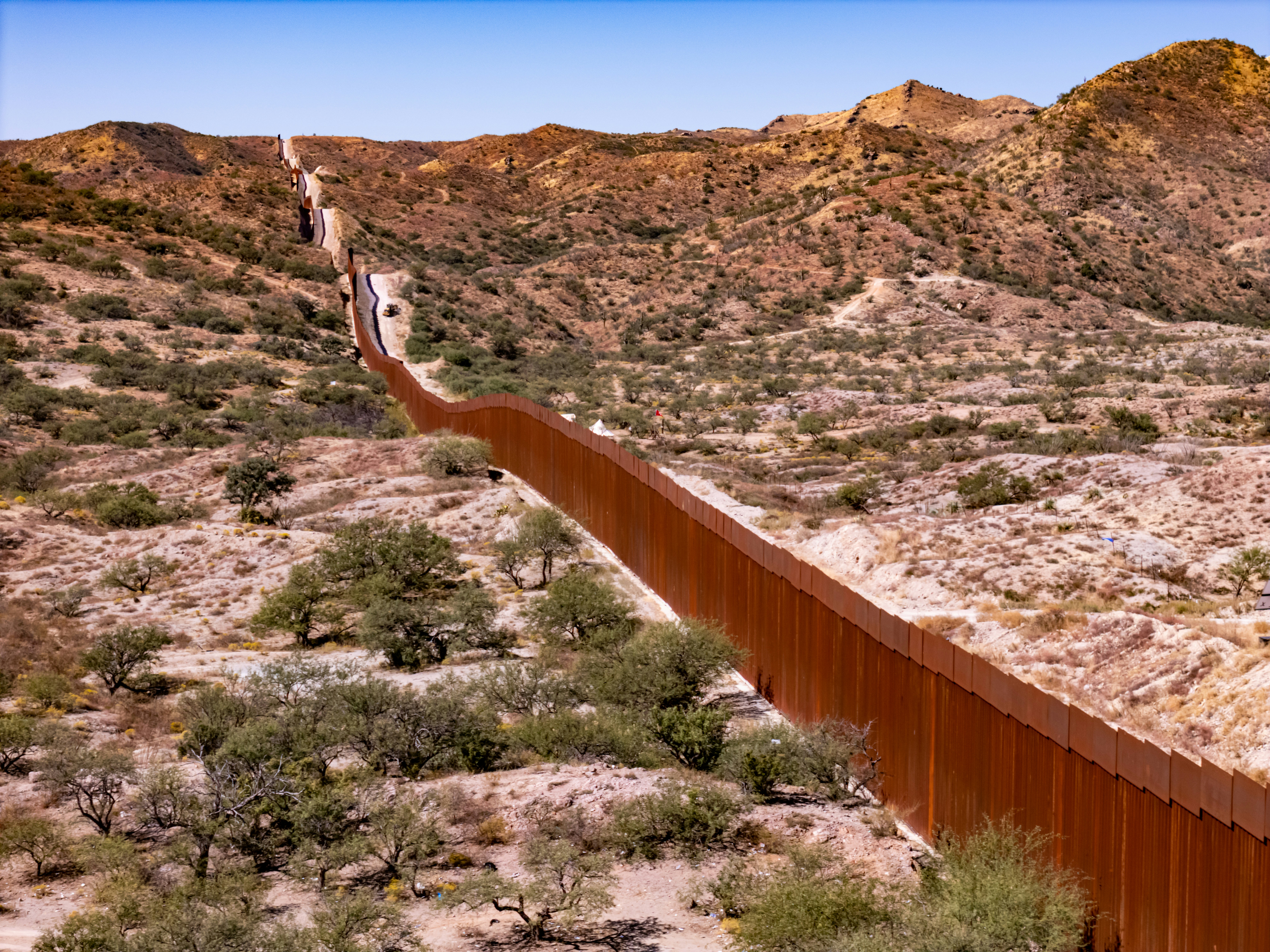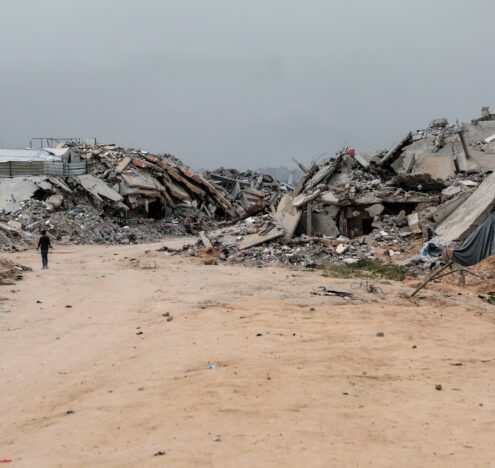Amidst the unrest, the Home Office has stated that mosques will be offered new emergency security.
“In light of the disgraceful threats and attacks that local mosques have also faced in many communities, the government is providing rapid additional support through the Protective Security for Mosques Scheme, alongside the support from local police forces and we repeat that anyone involved in this disorder and violence will face the full force of the law,” Home Secretary Yvette Cooper said in a statement.
The riots have affected hospitals, significantly staffed with people of color, and other vital institutions in the UK. Businesses are being shut early in several parts due to tensions.
Call for Calm and Caution
In Middlesbrough, one of the towns worst hit by the riots on Aug. 4, the mob left a trail of destruction, smashing windows of houses, breaking down doors and attacking vehicles. The library and other buildings of Teeside University, in the center of the town, were also attacked while students were trapped inside the building.
As dozens of young people came out to protect the mosque from the attack, Gohar Ihsan Mir, the chairman of Central Mosque in Middlesbrough, appealed to people to show restraint.
“Let’s show the world what Muslims are really like. Not the ones they want to depict you as,” Mir said in his address to people outside a mosque, a video of which went viral on social media. “So be on your best behavior. You are here to do your duty to protect our community and our masjid (mosques) and that’s it. Nothing beyond that.”
Mir told Inkstick that people are traumatized by the events and businesses have suffered. “Hundreds of people coming at your doors to attack will leave a psychological fear for a long time. Children are telling their parents to return to their country due to fear.”
The 54-year-old said he had never seen such a situation since the 1980s. He listed the city’s multicultural neighborhoods and pointed out that Muslims had always participated in community work. Mir claimed that the overwhelming number of beneficiaries of the mosque’s food bank have been white people.
Students of Teeside University said they had to miss work, many paid hourly, due to the hostile situation. Amal Pasha, who graduated last month from the university, said people now move in groups to avoid hate crimes.
Over 150 people came to a gathering outside a neighborhood in Nottingham, a city in the UK’s Midlands, to ensure the protection of the house of an 80-year-old woman, whose son was an immigration lawyer. Her address was among 50 personal addresses circulated by far-right groups as a target for aiding immigration.
The anti-racist group outnumbered the few people who had turned up. “Fascist thugs, off our streets,” the counter-protest shouted at them.
Danny Jackson, one of the counter-protest organizers, said, “People turned up to show solidarity and say we don’t tolerate racism or fascism. It is a huge crisis. Racists have now found this confidence that they can start attacking other people in the community that don’t look like them.”
Similar scenes were reported across Britain where thousands joined anti-racist counter-protests that outnumbered the far-right group.
Muslims Made “Scapegoats”
Muslim groups have flagged that the response from the government, particularly in admitting the violence was fuelled by Islamophobia was “slow” and happened after several appeals from them. Zarah Sultana, a Muslim Member of Parliament from the ruling Labour Party, initially challenged politicians and journalists to use “Islamophobia” and “racism” while discussing the violence
“What will it take for political leaders to explicitly call out the Islamophobic and racist nature of the violence we are witnessing across the country?” Sultana posted on X.
Politicians and media refused to call it Islamophobic. It is a failure to see what is happening.
Abdulla Said
MEND, a group that encourages British Muslims within local communities to tackle Islamophobia in the UK, has urged the government to recall the Parliament to discuss the situation.
Abdulla Said, MEND’s joint head of community engagement, said the reluctance of the Labour government to meet the representatives of Muslim groups has upset the community leaders, calling the response “inadequate.”
In a video statement, Zara Mohammed, Secretary General of the Muslim Council of Britain, the largest Muslim body in UK, blamed “mass media and misinformation” and incitement by political leaders for the rise in attacks.
“There needs to be laws to protect Muslims from discrimination,” Said told Inkstick. “Politicians and media refused to call it Islamophobic. It is a failure to see what is happening.”
All the Muslim community leaders who spoke with Inkstick appreciated the solidarity marches by people during the turbulent times.
“Muslims are made scapegoats for any failure,” said Professor Ahmed Shaheed, a faculty at International Human Rights Law in the School of Law and Human Rights Centre at the University of Essex, pointing out that underfunding of police that led to an increase in crime is overlooked by blaming “the foreigner.”
“There is a demonization of Muslims, not simply as individuals but as a way of life. The refusal to frame it as Islamophobia makes the community invisible, or at least the grievance invisible,” Shaheed told Inkstick.
Shaheed, who served as United Nations Special Rapporteur on Freedom of Religion or Belief for six years, said the situation is “unprecedented in many ways.” He said it should be framed as fascism rather than as far-right protests, arguing that the far-right still gets a space in the political spectrum while rioters should not.



